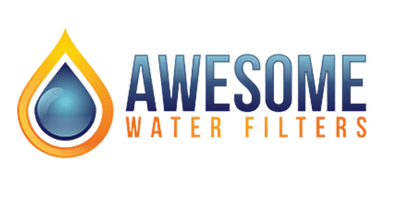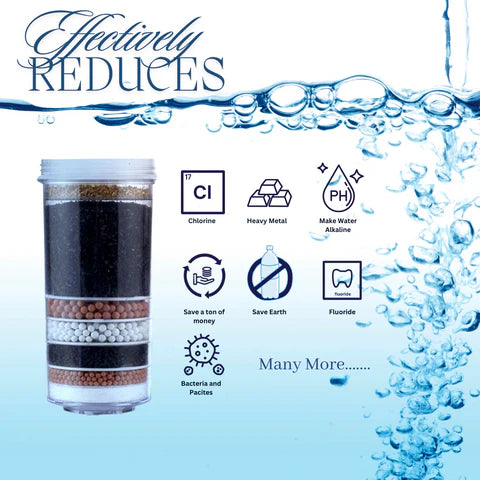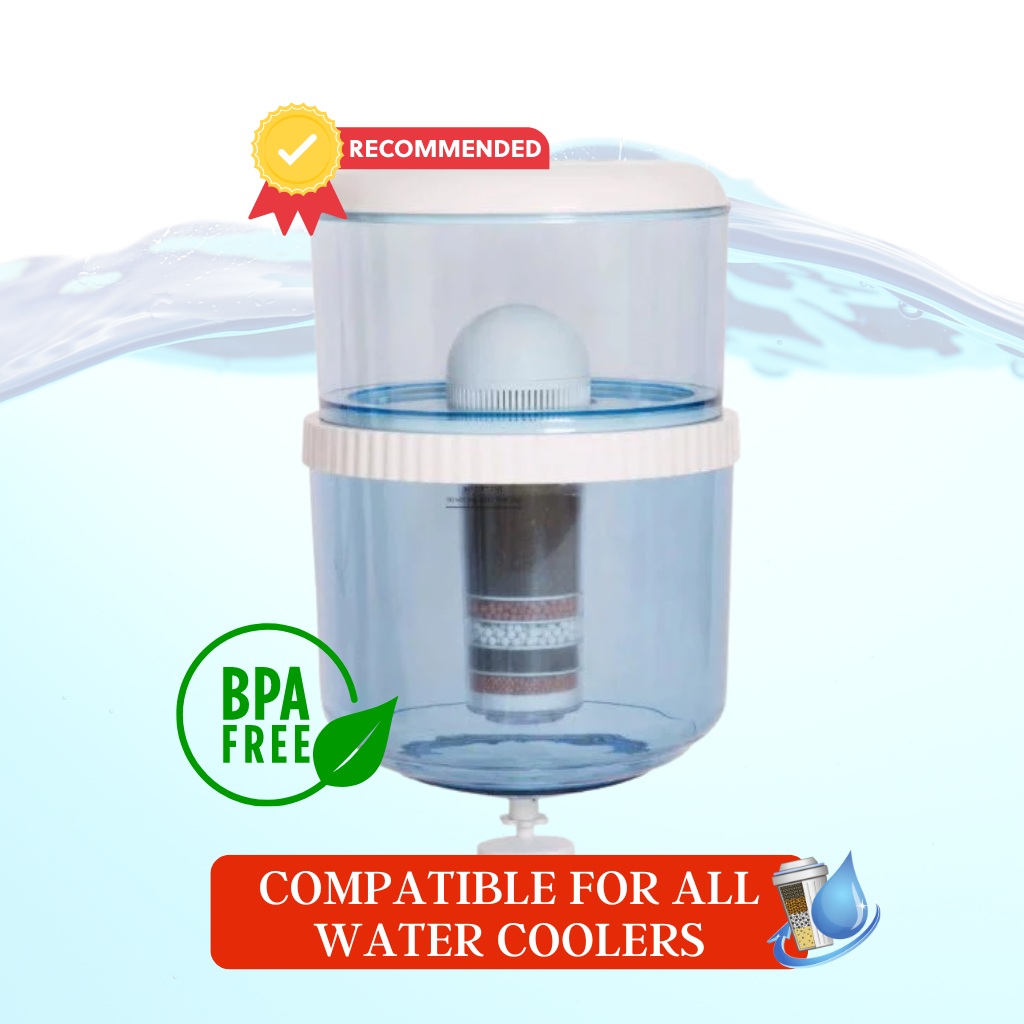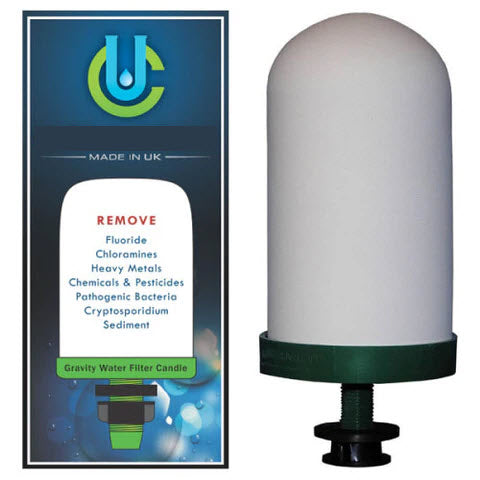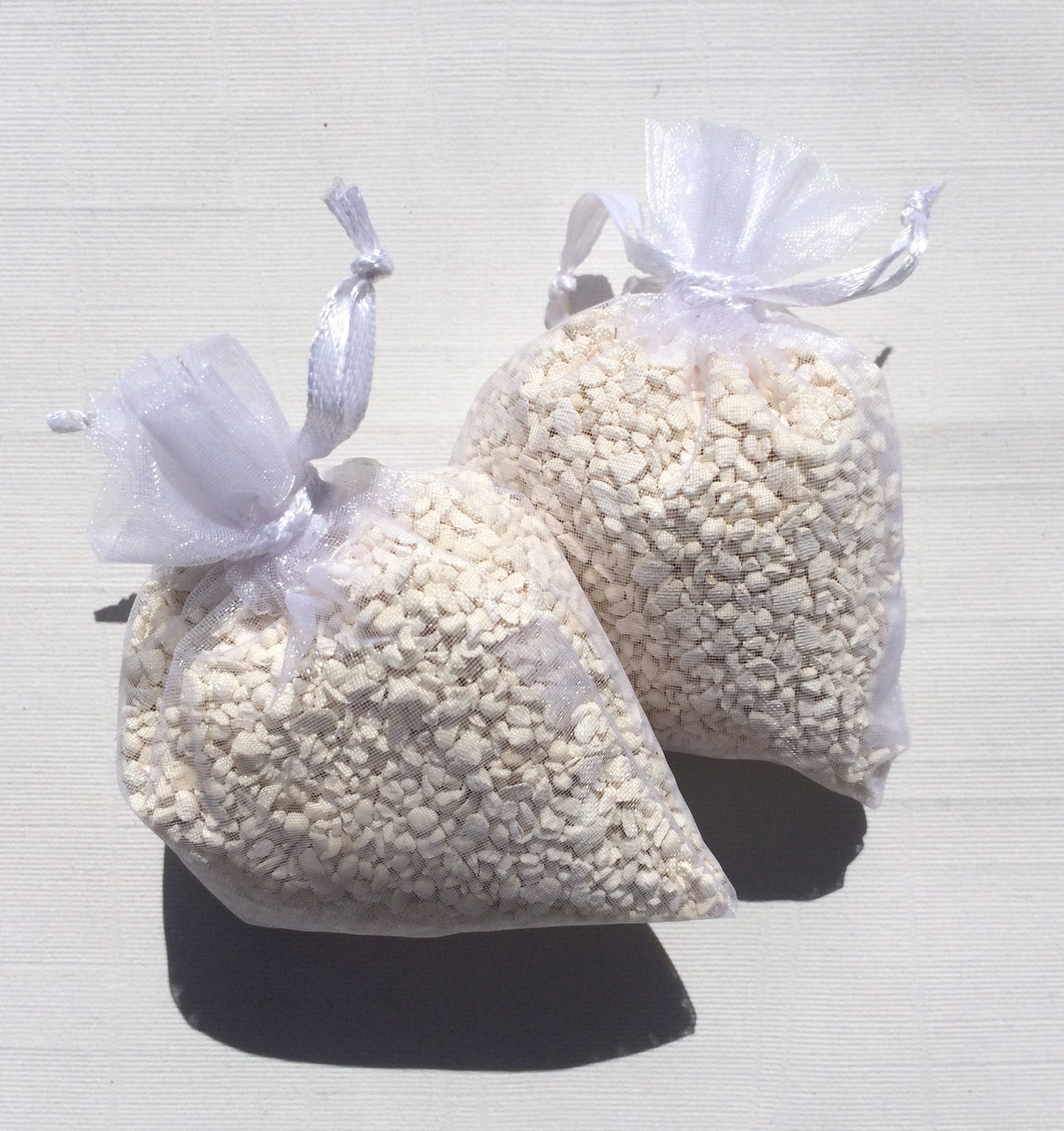Delivered quickly and they were easy to replace.
Great Awesome Deals! Fast Shipping Across Australia!
Menu
-
- Personalised Water Filter Order & Invoice Assistance
-
Water Coolers
-
Water Filters & Purifiers
- Water Cooler Spare Parts
-
Water Filter System
- Water Filter Cartridges
- Water Filter Jug
- Water Bottle
- Benchtop Water Filter
- Water Distiller
- Replacement Water Filter Cartridges Guide
-
Locations
- Awesome Water Filters in Adelaide
- Awesome Water Filters in Darwin
- Awesome Water Filters in Hobart
- Awesome Water Filters in Brisbane
- Awesome Water Filters in Gold Coast
- Awesome Water Filters in Wollongong
- Awesome Water Filters in Sydney
- Awesome Water Filters in Melbourne
- Awesome Water Filters in Perth
- Awesome Water Filters in Canberra
-
- Home
- FAQ
- Contact Us
- Shipping | Return | Refund | Warranty
- Install it with Airtasker
- Awesome News
- 1-800-789-781
- Login
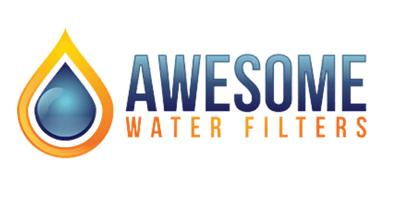
Great Awesome Deals! Fast Shipping Across Australia!
Best Water Softener Australia | Whole House Water Softener Filtration System
June 30, 2024 5 min read
Why Should You Care About Your Home's Water?
We all want the best for our health, right? When it comes to the water in our homes, that means dealing with two main issues: hard water and contaminants. Let's break it down:
- Hard water: This can damage your pipes and appliances over time.
- Contaminants: These can affect the taste, smell, and safety of your water.
That's where water softeners and filters come in handy. If you're in Australia, finding the best water softener Australia offers can help you tackle these issues effectively. But which one should you choose? Sometimes, you might need both!

Best Whole House Water Filter and Softener System
What's So Great About a Combo System?
Imagine having clean, soft water flowing from every tap in your house. Pretty awesome, right? Here's what a combo system can do for you:
- Protect your appliances and pipes: Hard water can leave scale deposits that damage your plumbing and appliances over time. A combo system can help prolong their lifespan.
- Make your clothes softer and brighter: Soft water helps laundry detergents work more effectively, resulting in cleaner, softer clothes.
- Help your soaps and shampoos work better: Soft water produces more lather and rinses off more easily, leaving your skin and hair feeling better.
- Remove bad tastes and smells from your water: No more chlorine taste or unpleasant odors when you drink or cook with your tap water.
- Potentially make your water safer to drink: By removing contaminants, a combo system can improve the overall quality of your drinking water.
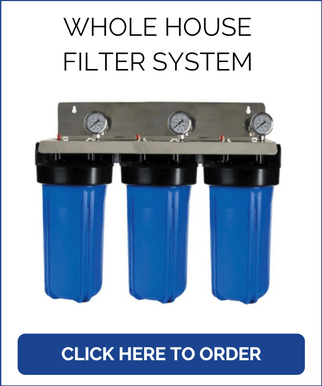
How Does It Work?
To achieve optimal water quality, a whole house filter employs a multi-stage filtration process designed to tackle various contaminants and impurities. Here's a closer look at the key stages and their benefits:
Dirt and Sediment Removal
The first stage typically involves a sediment filter, which captures dirt, sand, rust, and other particulate matter. These particles can make water appear cloudy and can damage plumbing and appliances over time. Removing sediment is crucial for preventing blockages and ensuring the longevity of your household systems.
Chlorine Filtration
Chlorine is commonly added to municipal water supplies to kill bacteria and other pathogens. However, its presence can leave an unpleasant taste and odor in your drinking water. Activated carbon filters are highly effective in removing chlorine, improving both the taste and smell of the water. This stage is essential for households looking to enjoy better-tasting water for drinking and cooking.
Taste and Odor Control
Beyond chlorine, other organic compounds can affect the flavor and aroma of your water. This includes substances like hydrogen sulfide, which can give water a rotten egg smell, and volatile organic compounds (VOCs) that can impart various odors and tastes. Advanced carbon filters or specialized media are used to target these contaminants, ensuring your water is both odorless and pleasant to drink.
Chemical Reduction
Certain whole house filters are equipped to reduce or eliminate a range of harmful chemicals, including pesticides, herbicides, and industrial solvents. These chemicals can enter the water supply through agricultural runoff or industrial waste. Filters with granular activated carbon (GAC) or catalytic carbon are particularly effective in capturing these pollutants, providing an additional layer of protection for your household.
Single-Stage vs. Multi-Stage Filters
For those with basic filtration needs, a single-stage whole house filter can be a cost-effective solution. These systems typically feature a single cartridge designed to handle sediment and chlorine removal. For example, a single-stage filter like the one mentioned earlier can efficiently remove large particles and chlorine, making it suitable for households with relatively clean water sources.
Benefits of Multi-Stage Filtration
While single-stage filters are beneficial for basic filtration, multi-stage systems offer a more comprehensive approach. These systems often include multiple cartridges, each targeting specific contaminants. For instance, a typical multi-stage filter might have a sediment pre-filter, a carbon block for chlorine and taste/odor control, and an additional stage for chemical reduction. The layered approach ensures that your water is thoroughly purified, providing peace of mind for you and your family.
Installation and Maintenance
Installing a whole house filter is a straightforward process, usually involving connection to the main water line where it enters your home. Regular maintenance is crucial to ensure the system operates effectively. This includes periodic replacement of filter cartridges, which can vary based on the quality of your water and the specific filter model. Most manufacturers provide guidelines on maintenance schedules to help you keep your system in top condition.
The Softener Part
Water softeners use a cool process called ion exchange. Here's a simple way to think about it:
- Hard water goes into a tank filled with special beads.
- These beads act like tiny magnets, attracting the hardness minerals.
- The beads swap these minerals for sodium (a type of salt).
- Soft water comes out, ready to use in your home!
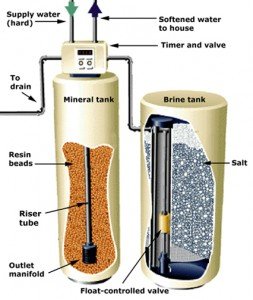
The Softener Part
Water softeners use a cool process called ion exchange. Here's a simple way to think about it:
- Hard water goes into a tank filled with special beads.
- These beads act like tiny magnets, attracting the hardness minerals.
- The beads swap these minerals for sodium (a type of salt).
- Soft water comes out, ready to use in your home!
How to Choose the Right System for Your Home
Picking the best system can seem tricky, but don't worry! Here are some things to think about:
- Test your water: Find out what's in it so you know what you need to remove. You can use a water testing kit or hire a professional to analyze your water.
- Check your water pressure: Make sure the system can handle how much water your family uses. Systems like the 10x4.5 Big Blue Tank Whole House Water Filters are designed to handle high water flow rates.
- Look for certifications: NSF certification means the system has been tested and works well. This ensures you are getting a reliable product.
- Consider costs: Think about both the price of buying the system and how much it will cost to maintain. Systems with multiple stages, like the Triple Stage Whole House Filter, may have higher initial costs but offer more comprehensive filtration.
- Installation: Decide if you want to install it yourself or hire a professional. Some systems are easier to install than others, and professional installation can ensure everything is set up correctly.
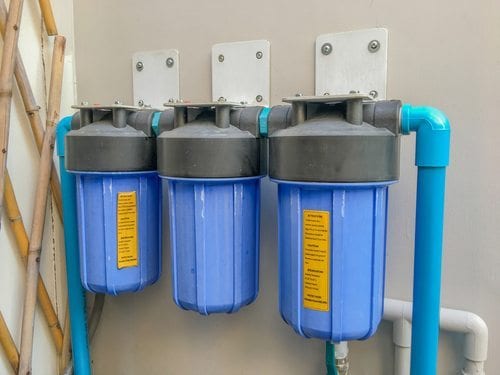
Wrapping It Up
Choosing the best whole house water softener filtration system can make a big difference in your home. Whether you're using town water or a private supply, high-quality water systems help reduce scale build, leading to softer skin and hair, cleaner dishes, and longer-lasting appliances.
When selecting the best water softener in Australia, consider a system that effectively removes impurities while maintaining water quality. The right filtration solution ensures your family enjoys pure, great-tasting water throughout your home.
For expert advice and top-rated water systems, explore our collection at Awesome Water Filters today!
Subscribe
Sign up to get the latest on sales, new releases and more …
